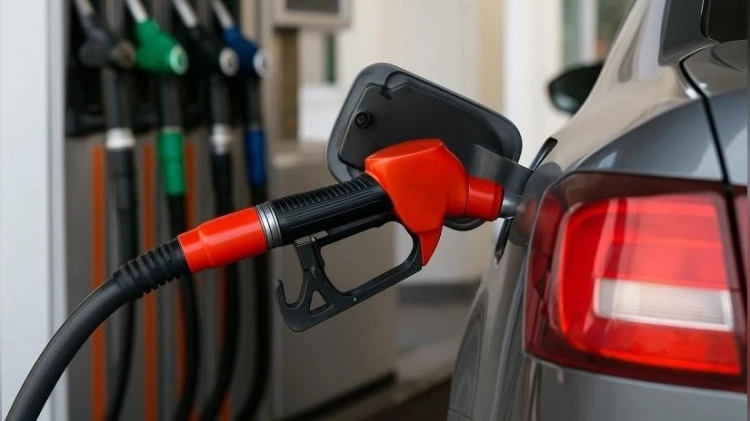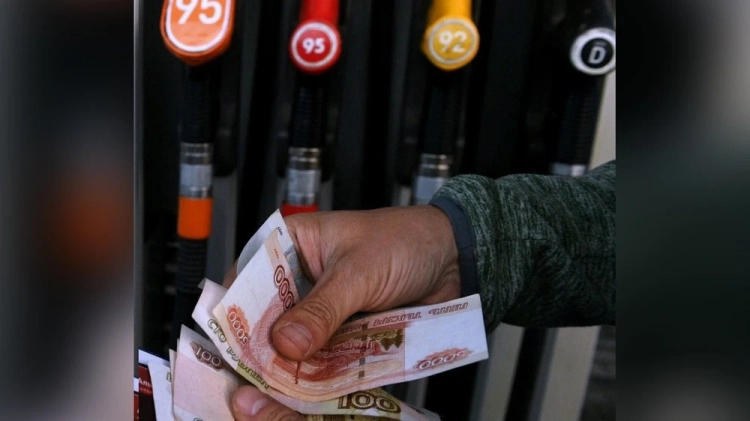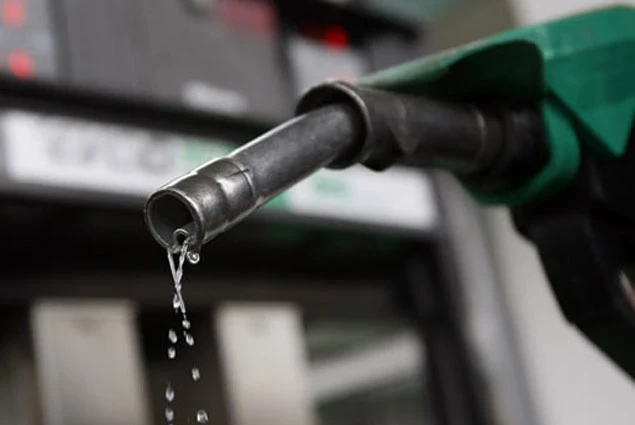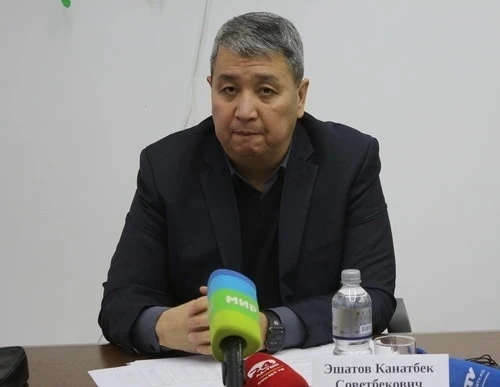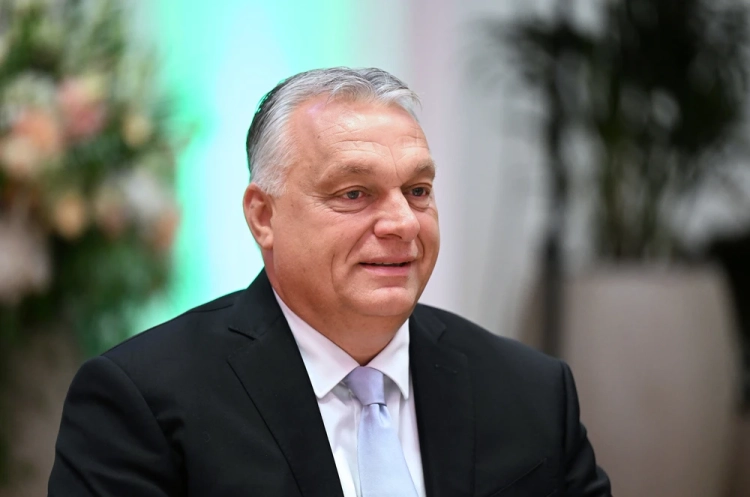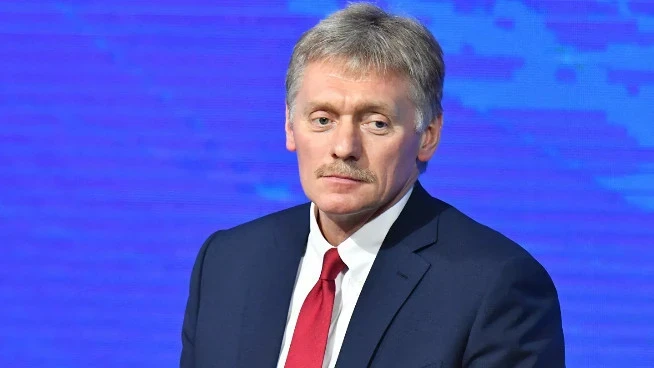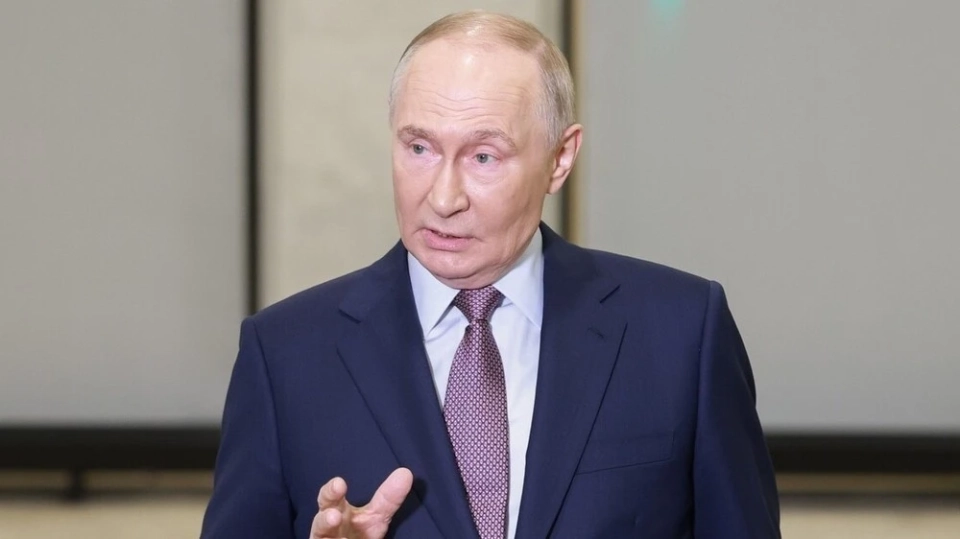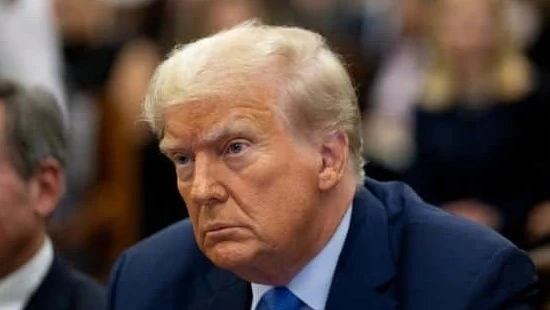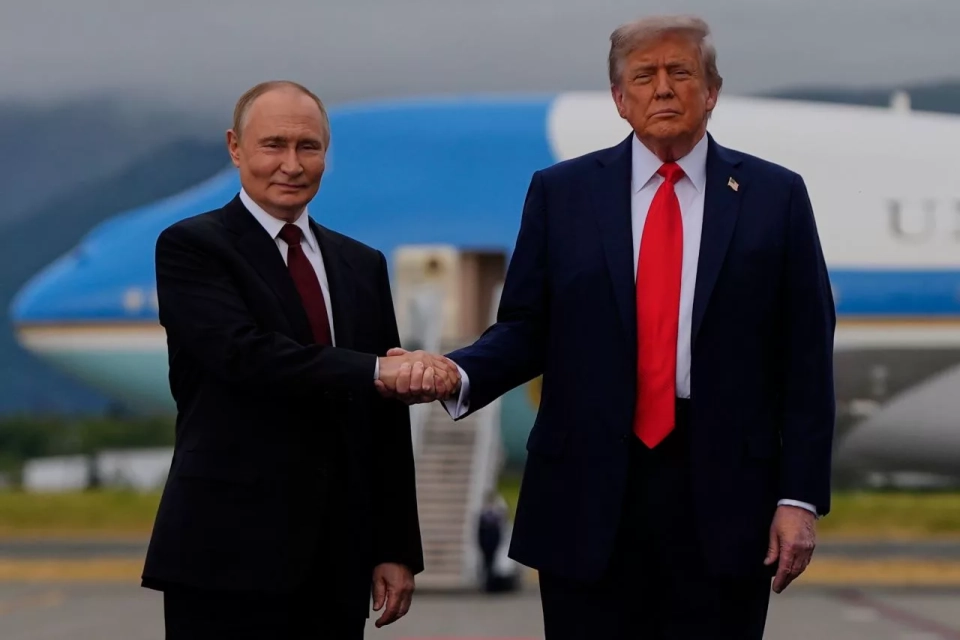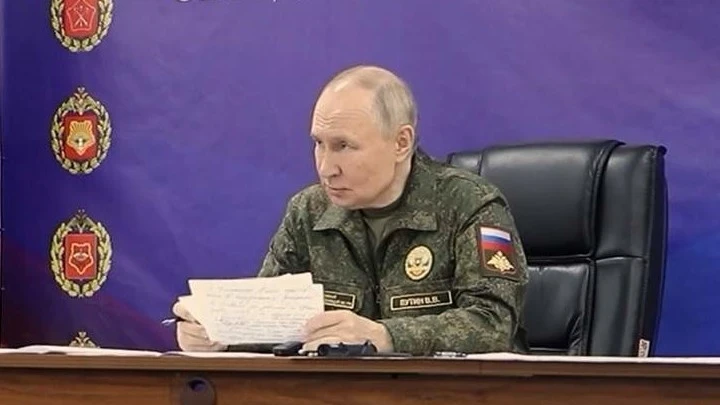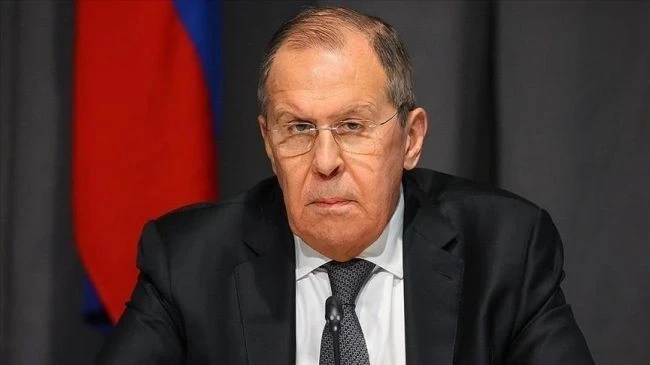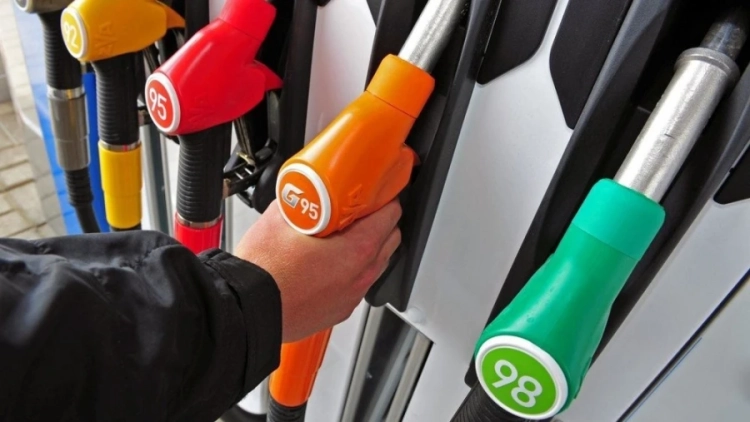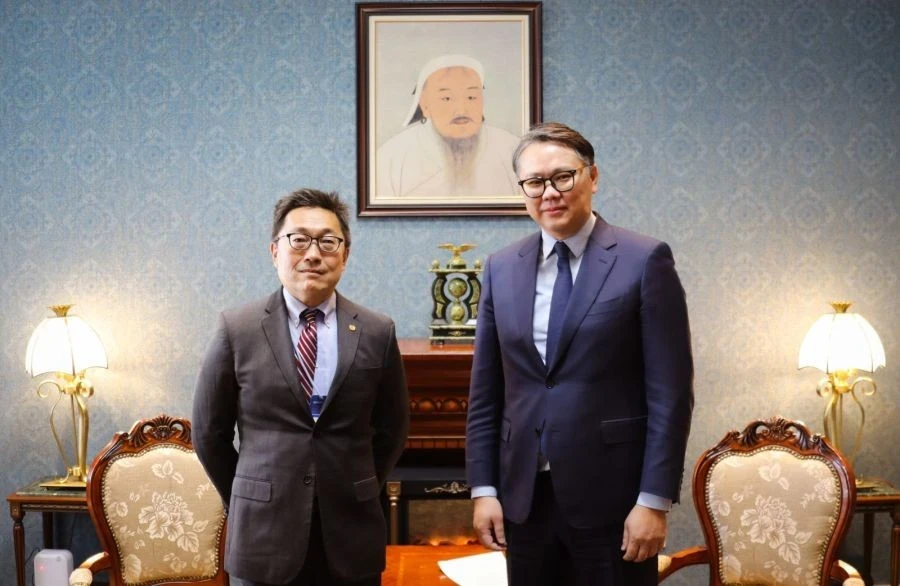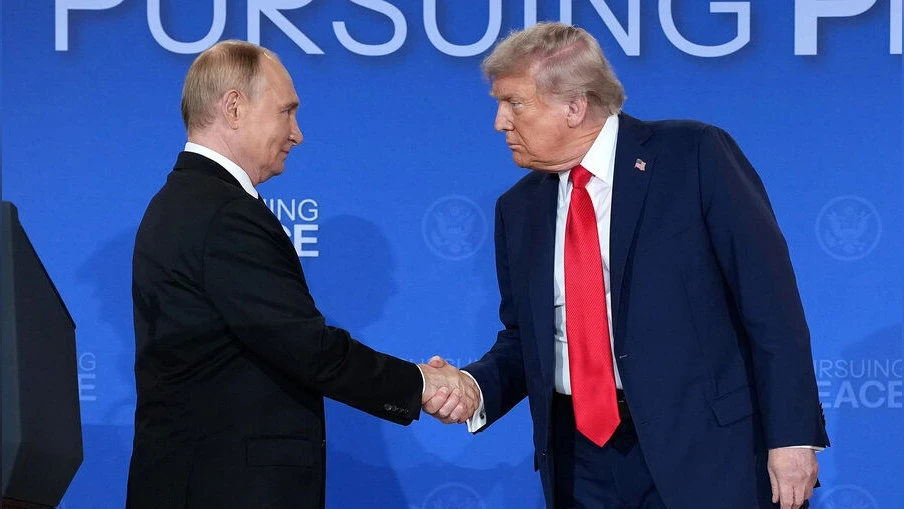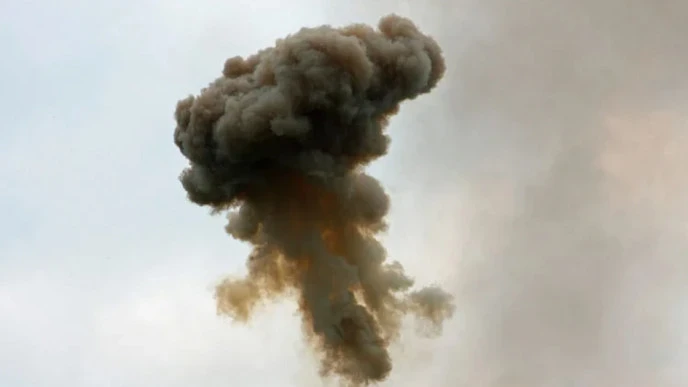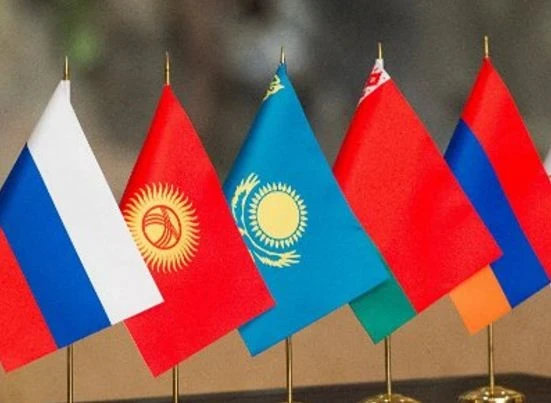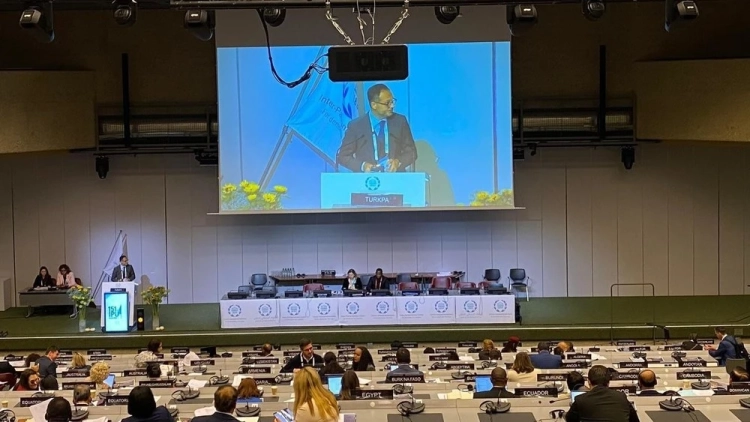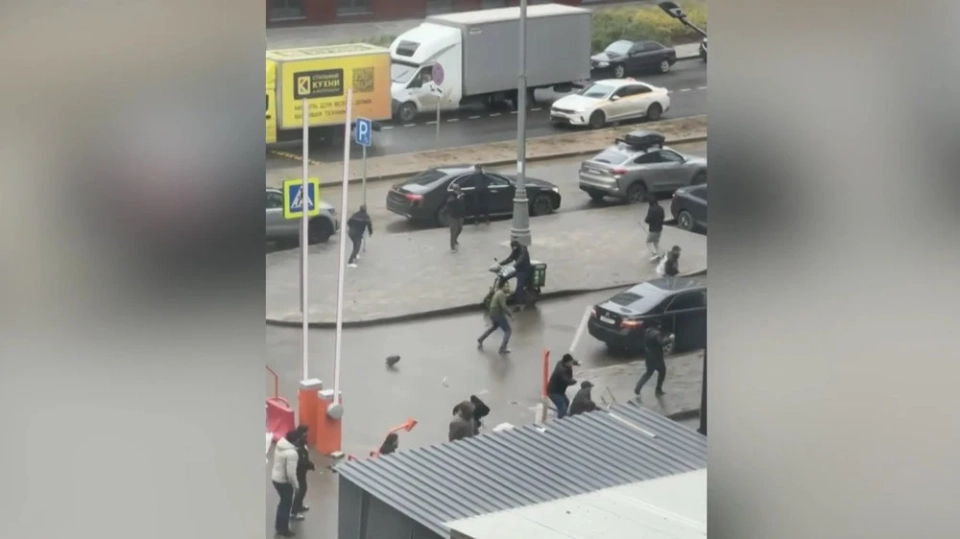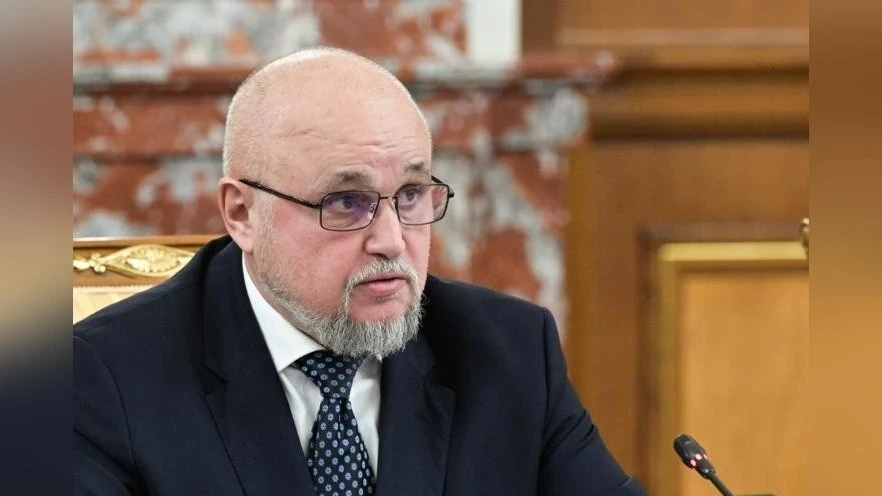
In his explanation, Tsivilev specified that the rise in prices on the exchange is due to two main factors. First, seasonal repairs at refineries have led to a decrease in production volumes, and second, there is traditionally high demand for fuel at this time of year.
The minister also noted that this year additional factors have emerged in the market, such as reports of temporary shutdowns at some plants, which exacerbated the situation. "These circumstances collectively created a surge in demand and contributed to the rise in prices on the exchange," he added.
The summer and autumn months of 2025 became a time when the price of gasoline on the exchange repeatedly set historical records. In response to these changes, Russian President Vladimir Putin signed a decree that will come into effect on October 1, 2025, and will last until May 1, 2026. According to this decree, the deviation threshold for fuel damping payments for gasoline and diesel fuel will not be taken into account. This, as reported by the Ministry of Energy, will help maintain payments to producers and stabilize domestic fuel prices.
